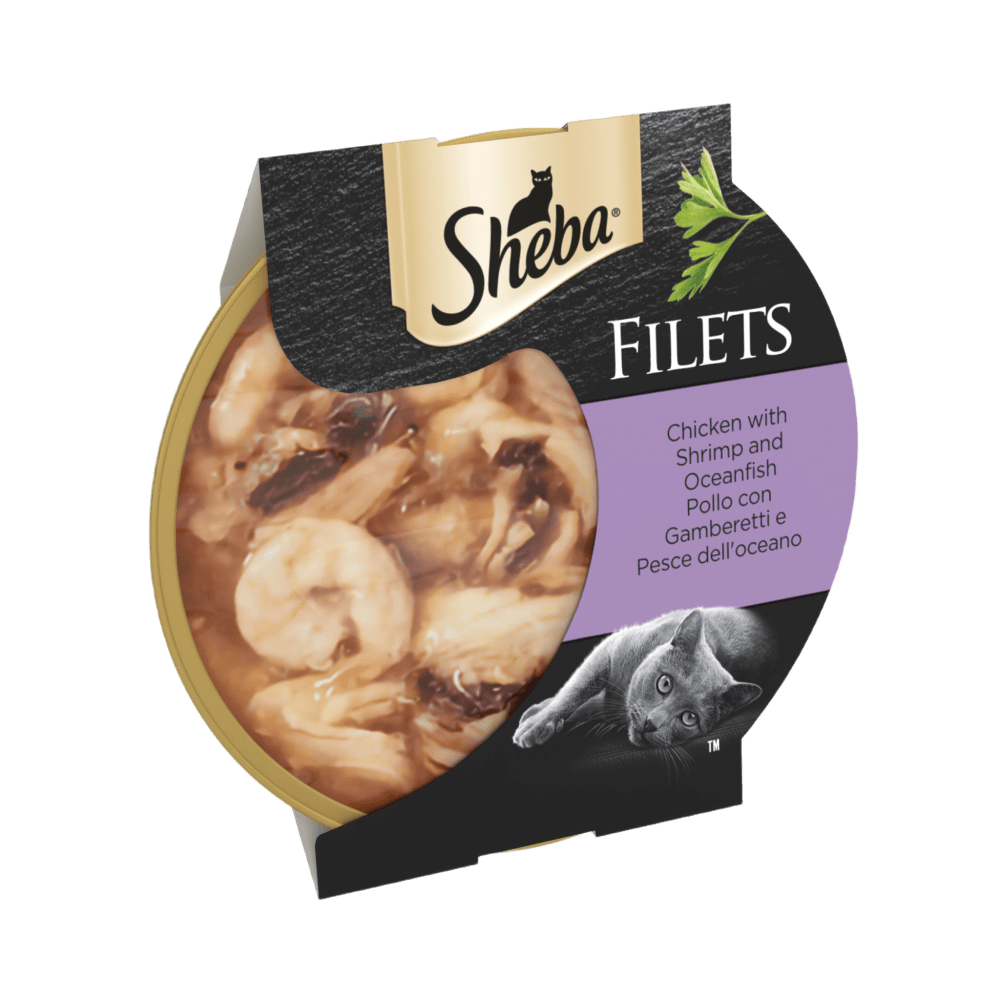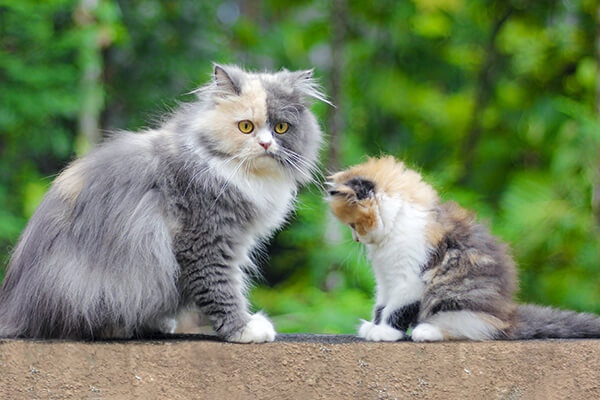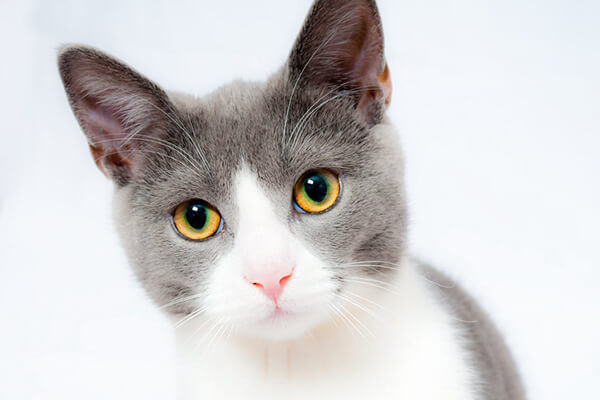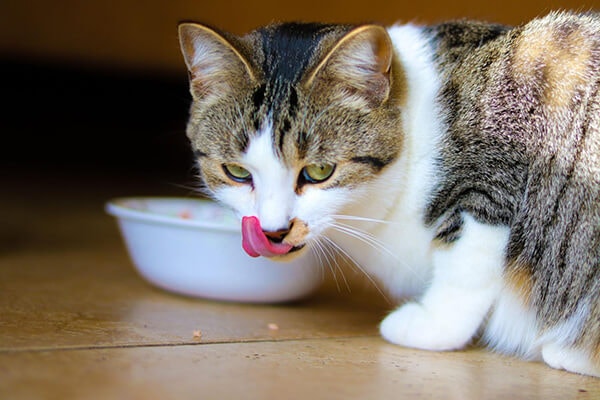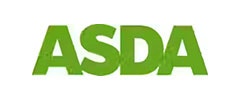What should you feed your kitten?
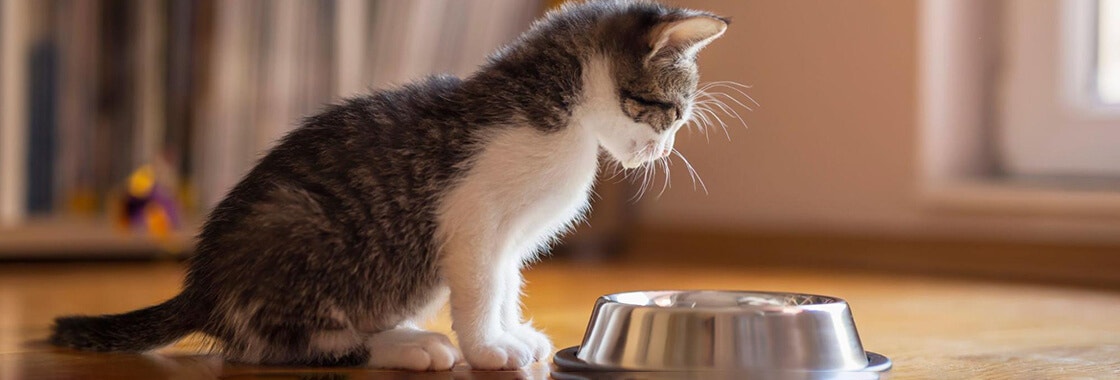

Share
A kitten's diet should primarily consist of specially formulated kitten food that's designed to fuel their rapid growth. Kitten food is packed full of vitamins, minerals, protein, calories and fats such as Omega-3, in much higher quantities than adult cat food. By feeding kittens these nutrients, you can be confident that your new family member will be getting what's needed for the healthy development of their bones, eyesight, immune system and tissue structure.
Most experts recommend that kittens transition to a diet of soft, wet food after being weaned off their mother's milk at 4-8 weeks. The smooth, pate-like texture of kitten food is important as it can be more readily digested by little tummies. Moistened dry food can be fed from 4 weeks although some prefer to leave dry food until 8-10 weeks as kittens have very small teeth and need to crunch dry food properly
Kitten feeding guide: a basic overview
A healthy cat starts life as a well-fed kitten. An average amount of wet kitten food for an 8-week-old kitten is approximately 250 gram per day, spread evenly over 4-5 small, regular meals. However, feeding kittens does involve feeling your way, not least because every kitten is different, whether that's due to breed or just personality.
It's difficult to give a precise amount of food by kitten age as it varies by the type and brand of food. The first rule of kitten feeding is therefore to always read the food label and carefully follow the instructions. Although rather obvious, it will guard against overfeeding or underfeeding your kitten. If in doubt, you or your veterinarian can weigh your kitten to see if it's right for their age and breed, before adjusting feeding as necessary.
For more detailed information on the quantity and frequency of meals by age as well as the idea of 'free feeding', take a look at our handy chart in 'How Often Should You Feed A Kitten In A Day?'.
What can kittens eat and drink?
Kittens should eat specially formulated kitten food that's high in calories and rich in both protein and fat to support their healthy growth. Kitten food is also enriched with extra minerals such as calcium and phosphorus for growing bones and teeth. Like all domestic pets, kittens should also have constant access to fresh water as hydration is fundamental to their health. If you are wondering about treats, these can only be fed if they are kitten friendly, as their size and texture could cause choking.
Look for treats that have a smooth consistency with a silky puree and special pouch so that you can hand feed your kitten, and enjoy a moment of bonding between you both.
What human food can kittens eat?
While a good quality kitten food is key to successful feeding, what kittens can eat does include a small selection of the following human foods. These should only be an occasional addition to a kitten's diet as even though they are digestible, human foods may not support their nutritional needs. The most important nutrition will always be from their kitten food and they need to maintain their appetite for it.
- COOKED FISH
Contains plenty of Omega-3. A teaspoonful once in a while is permissible as cooked fish is rich in nutrients but be careful of larger bones and fins. - SCRAMBLED OR BOILED EGG
High in amino acids and protein. You can give a small portion to your kitten as an occasional treat - COOKED MEAT
Full of taurine and arginine. It is okay if your kitten has an occasional teaspoonful of cooked meat without gravy. You should make sure it is fully shredded and remove any bones or skin. - SELECTED FRUIT
Contains vitamins and antioxidants. Small pieces of strawberries or blueberries can be fed to your kitten once in a while. Do not feed cherries, grapes or raisins as they are toxic to kittens and cats. Apples should also be avoided as the pips are toxic to cats kittens. - VEGETABLES
A source of fibre, vitamins and water. Cooked broccoli, carrots or pumpkin mashed up can be fed to your kitten's diet every so often. Avoid onions and garlic as these are toxic for cats.
Do kittens need milk?
Once kittens are weaned off their mother's milk at 4-8 weeks, they do not require milk as they are largely lactose intolerant. Consumption of cow's milk which, along with other dairy products contains lactose, can lead to diarrhoea in many cats, and a good kitten diet should avoid milk at all costs
What shouldn’t you feed kittens?
Table scraps: The list of what to feed older kittens can include some human favourites, such as fish and vegetables, although table scraps should largely be avoided.
Toxic foods: Neither kittens or adult cats should ever eat onions and garlic as these are toxic when ingested by felines (and are often in human sauces and gravies) as are apple pips which contain cyanide.
Adult cat food: Adult cat food, dog food and puppy food are not on the list of acceptable food either, as they don't have the essential nutrients that growing felines need.
When to feed kittens wet and dry food
Most veterinarians recommend that kittens start their journey towards solid food at 4-8 weeks with a good-quality, finely textured wet kitten food. Having a high moisture content that hydrates your kitten, wet food provides an easier transition from their mother's milk when feeding kittens for the first time, especially when introduced gradually. Wet food is also better suited to a kitten's deciduous 'baby' teeth that don't appear until 6-8 weeks of age. A combination diet of wet and dry kitten food is acceptable if the dry food is moistened before feeding to smaller kittens that are less than 8 weeks old. For more information on 'Wet vs Dry Cat Food: Which is better?' have a look at our dedicated article, covering all the pros and cons of what to feed kittens as they become young cats.
Remember that feeding your kitten a good quality nutritionally balanced kitten food every day, according to the feeding guide, will provide all the nutrients they need in the right amounts for healthy growth. Any additional foods are not necessary and should only really be tasters. As well as what to feed kittens, you'll also discover more reassuring information about kitten diets in our other articles such as 'How Often Should You Feed a Kitten in a Day?' or 'What's The Difference Between Kitten Cat Food?'

